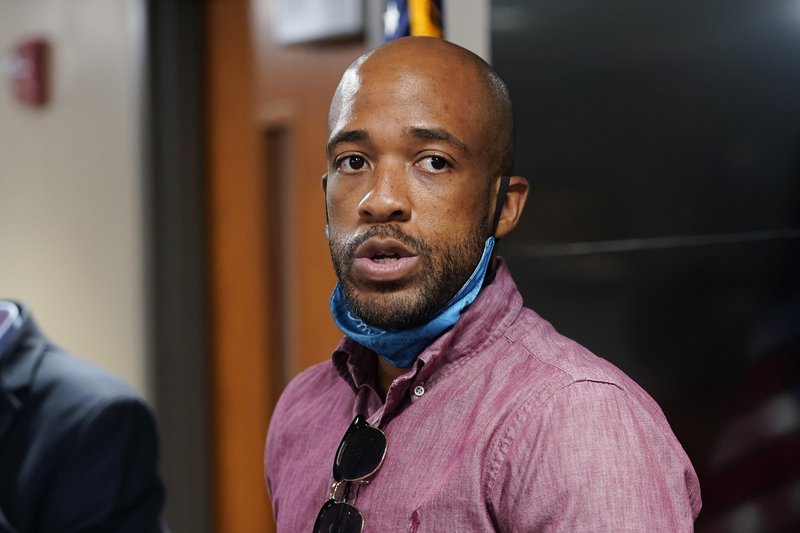Wisconsin
Wisconsin climate task force releases its recommendations

MADISON, Wis. (AP) — A bipartisan task force that brought together environmentalists, the energy industry and others released its recommendations Wednesday for how Wisconsin might bolster its economy while addressing climate change.
The report from the task force, which was led by Lt. Gov. Mandela Barnes, includes 55 recommendations designed to adapt to climate change and limit its negative impacts while also seeking to improve the economy and tap opportunities for renewable energy and conservation. The recommendations relate to energy, transportation, agriculture, education, forestry, food, jobs and environmental justice.
The initiatives can be enacted through executive action by Democratic Gov. Tony Evers or go through the Republican-led Legislature as part of his state budget or separate bills. The report does not include an estimated cost for the proposals.
The report notes the barriers posed by the COVID-19 pandemic, including financial challenges, but says there remains an “opportunity to stimulate the economy through job creation in clean energy and conservation.”
Recommendations include the creation of a state office to address environmental injustices and green job training programs for displaced and marginalized workers, funding to help farmers adopt more sustainable practices, and the enactment of policies that promote clean and alternative methods of transportation.
Other recommendations call for promoting energy conservation and efficiency; encouraging but not requiring utilities to eliminate carbon emissions; reducing food waste; promoting forest conservation and tree planting; and more climate education in K-12 schools and for the general public.
The 32-member task force included Republican and Democratic state lawmakers, members of Evers’ Cabinet, farmers, environmental advocates, American Indian leaders, and representatives of the business community, including major utilities and insurance companies.
It held five public listening sessions last summer around the state and received thousands of public comments.
Barnes said the task force worked to identify strategies to combat climate change and consulted a variety of people, organizations, governments and communities that were already working on it. Special attention was paid to communities that have been excluded from such discussions in the past, he said.
“The climate crisis is taking a toll on everyone in our state, but communities of color and low-income communities are more likely to face the harshest impacts of climate change, despite contributing the least to the problem,” Barnes said in a statement.
The report cites numerous studies that for years have shown that minority and low-income communities are more adversely affected by pollution and other environmental threats.
He called for urgent action to ensure environmental policies are equitable and inclusive.
“Anything less will continue the long pattern of environmental racism we have witnessed in this country,” said Barnes, the state’s first Black lieutenant governor.
Amber Meyer-Smith, vice president of programs and government relations at Clean Wisconsin and a task force member, said the report’s recommendations will provide a path to combatting climate change while also protecting public health and improving the economy.







